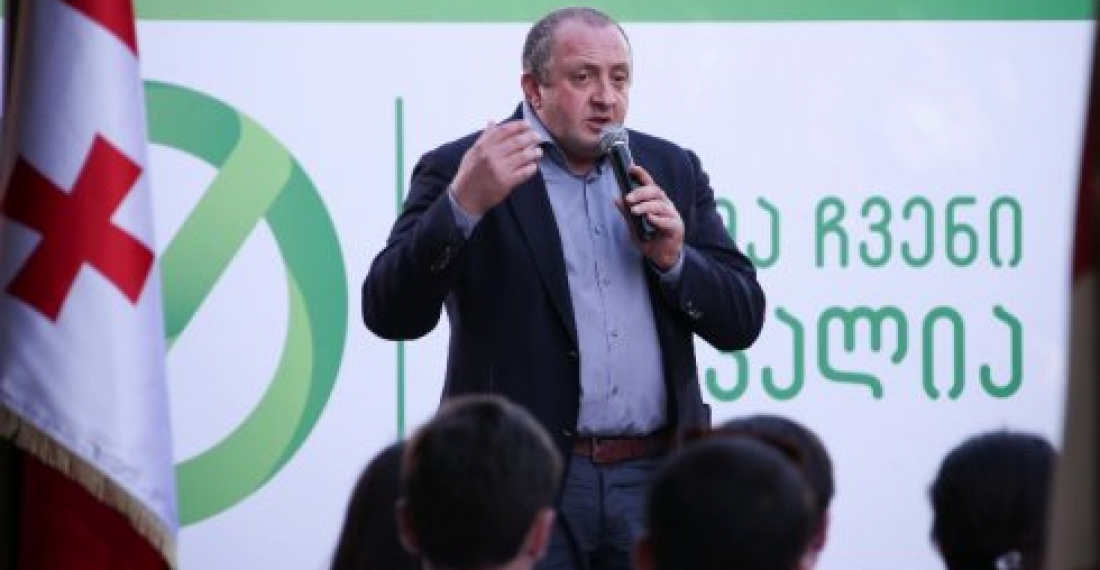В преддверии парламентских выборов, которые должны состоятся 8 октября, президент Грузии начал кампанию, которая называется "Твой голос - наше будущее". Суть организованной кампании повышение явки избирателей на предстоящих выборах.
Согласно представленному проекту, в 8 регионах Грузии в летних школах будут проведены трейнинги для молодых агитаторов.
Выступая перед участниками тренинга на озере Базалети президент Георгий Маргвелашвили рассказал собравшимся, чем именно они будут заниматься:
"Вы проведете кампанию, во время которой вы не будете просить отдать голоса за ту или иную партию или партийного лидера. Единственное, что вы будете делать так это просить граждан, чтобы они вышли из дома и пришли на избирательные участки 8 октября."
Раннее ЦИК Грузии обновил единый список избирателей. По состоянию на 15 июля, общее число избирателей составляет 3,452,093 человек.
Граждане имеют возможность проверить свои данные и найти их избирательные участки на специальном сайте voters.cec.gov.ge.
На сегодняшний день для участия в парламентских выборах были зарегестрированы 36 партий.
источнк: commonspace.eu по материалам агентств
фото: Президент Грузии Георгий Маргвелашвили (фото любезно предоставлено официальный сайт президента Грузии)






